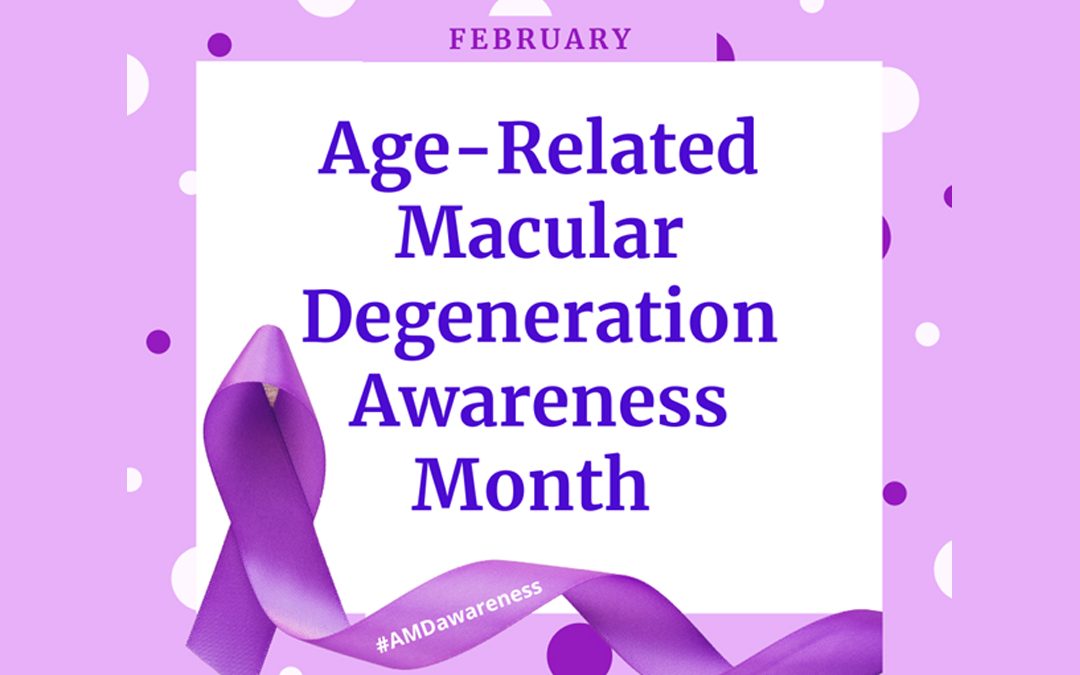An estimated 20 million people in the US live with macular degeneration. Occupational therapists in New Jersey are promoting awareness of this condition during March, which is Macular Degeneration Awareness Month. This progressive condition is the leading cause of vision loss and blindness in adults over 60, but just because the light is fading doesn’t mean you have to lose your independence. Keep reading to see how occupational therapists in NJ can help you live better with macular degeneration.
Occupational Therapists in NJ Help Modify Your Environment
When your macula (the part of your eye responsible for central and color vision) starts to degenerate, one of the first signs is that it always seems dark. Sure, you can add another lamp, but what will be the most helpful in terms of accomplishing your daily tasks and staying safe—and how can you identify these things if you can’t see them? When an occupational therapist visits for in-home services, they can help you modify your environment, such as adjusting lighting, clearly marking important things like stairs or hazards, and helping you set up structures for success.
Learn About Eccentric Viewing With In-Home Occupational Therapy
Occupational therapists help you do “the work of living,” which can include doing things a little differently. Have you heard the term “eccentric viewing”? This refers to looking just a little to the side of what you’re trying to see, in order to overcome the central “blind spot” that many people with macular degeneration struggle with. It can take a while to get used to, but an occupational therapist in New Jersey can get you on the right track.
Occupational Therapists Teach You How To Use Adaptive Devices
Back in the day, macular degeneration meant you were going to go blind. Today, that might not be as true! While your 20/20 vision may decline, modern technology enables us to “see” far longer than we used to. Whether your adaptations include magnifying glasses, zoom-in technology on smartphones or tablets, or speech-to-text devices, technology can take a lot of burden off your eyes. Your occupational therapist will not only help you learn how to use these tools, but can help you set them up—many come with very small default fonts.If you’re experiencing vision changes, see an eye doctor immediately. If you’ve been diagnosed with macular degeneration, talk with your primary care and ophthalmology team about adding occupational therapy to your treatment plan! The in-home rehab specialists at HRC are waiting for your call!

